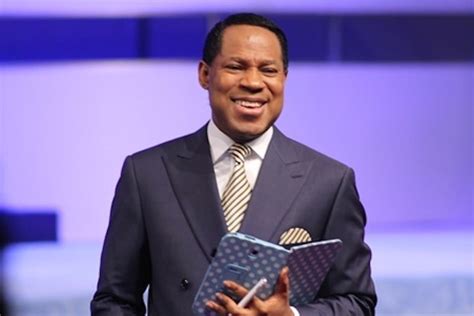A Quote by Carrie Fisher
Bipolar disorder can be a great teacher. It's a challenge, but it can set you up to be able to do almost anything else in your life.
Related Quotes
I learned that I suffered from bipolar II disorder, a less serious variant of bipolar I, which was once known as manic depression. The information was naturally frightening; up to 1 in 5 people with bipolar disorder will commit suicide, and rates may even be higher for those suffering from bipolar II.
I don't want to be caught ... ashamed of anything. And because generally someone who has bipolar doesn't have just bipolar, they have bipolar, and they have a life and a job and a kid and a hat and parents, so its not your overriding identity, it's just something that you have, but not the only thing - even if it's quite a big thing.
I think the role of comedy in your life should supersede anything and everything negative. Just by virtue of the fact that you have to be funny, you can't afford to focus on the negative. As a comedian, your challenge is to turn negative stuff into positive energy. You should be able to hear anything that sounds bad, that people normally wouldn't laugh at, and make it feel funny to you. No one should be able to deter you, once you have your mind set on comedy. Your survival as a comedian should be as natural as breathing. I need to breathe and I consider my career my air.
He becomes your Teacher. Jesus said when the Spirit of truth comes, He shall teach you all things. He didn't say 'some things,' but ALL THINGS. Glory to God! Anything in this life, anything about life, anything about God, ANYTHING at all, the Holy Ghost can teach you if you will ask or let Him. He will open up the Word of God to you and unveil the realities of God to you. He will be your Teacher. He will let you know what to do. When the Holy Ghost takes over your life, you will be different.
For bipolar in adults, I think there's pretty good agreement about what this looks like. For bipolar in children, there is some considerable debate about where are the boundaries. At the mild end, are these just kids who are active? Is this the class clown at the very severe - is this something other than a mood disorder?


































